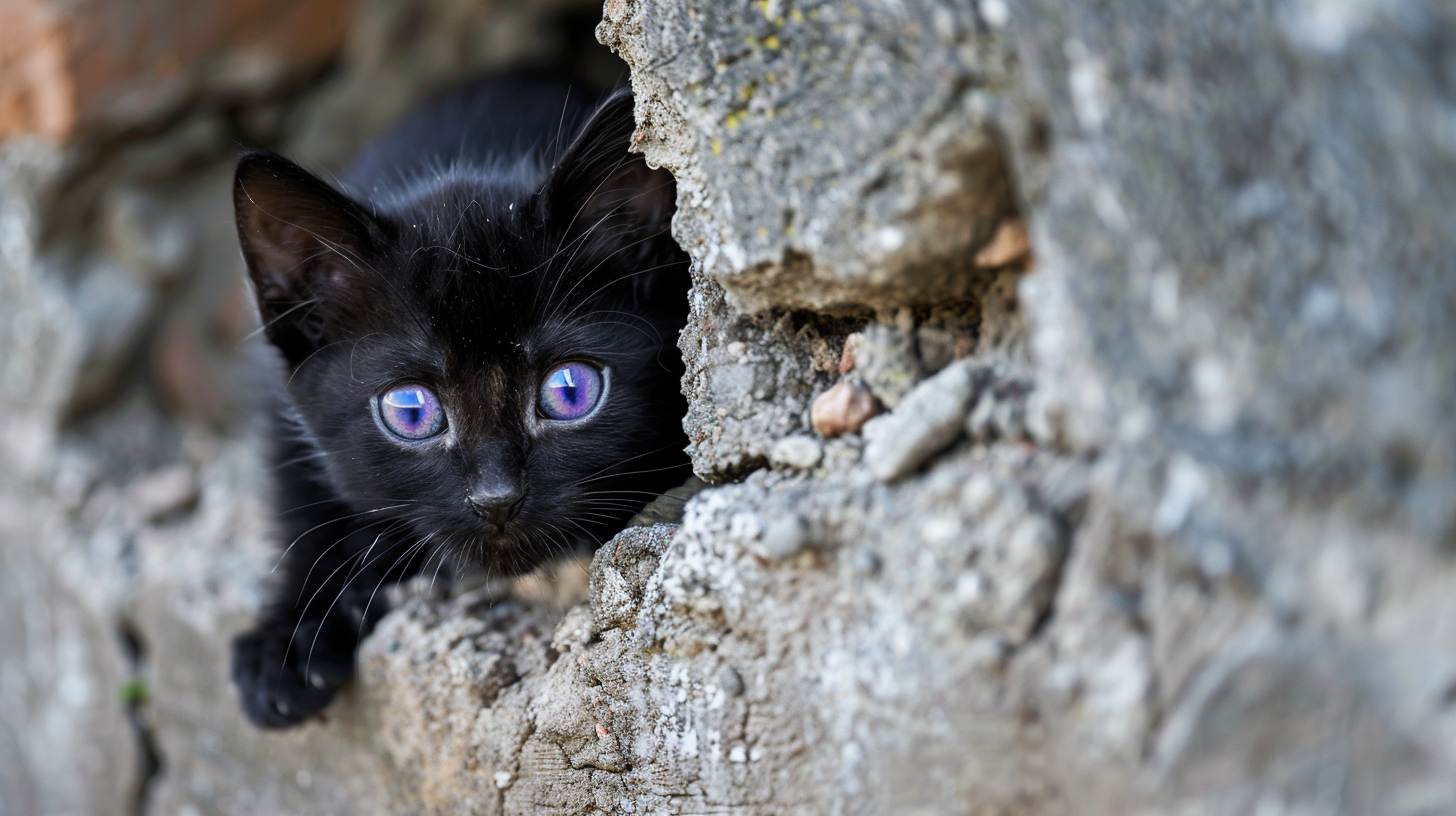My False Step of Transgender Hope
I was never equipped to be an Alpha Male

The terrorist attacks of 11 September 2001 rocked United States society to its core. For the first time in recent US history, citizens felt unsafe from foreign aggression even in their own homes. A sense of helpless rage permeated the culture.
As a country, we had only just dealt with the Y2K crisis. We were witnessing the deflation of the dot-com bubble. Now, we saw clear evidence that the new technology becoming increasingly critical to academia and industry warranted suspicion.
The terrorists had used our own infrastructure to attack us from within. Trust in the United States and its technological products deteriorated.
In 2002, I was a new technologist who found gender transition difficult, if not impossible. I had been attacked from within by mental health instability. Trust in my situation and its technological products deteriorated.
I had hoped with the end of my first marriage, I was free to become the person I knew I was. Instead, I found myself fighting for work. The job market required me to exude every Alpha Male vibe I could summon - simply to stay employed.
My already tenuous mental health foundation grew increasingly rickety and worm-eaten.
The first sacrifice
All my life, long hair has been a primary symbol of femininity. Most of my romantic interests wore their hair long, including my wife today.
If I could not wear skirts, if I could not fuss over my makeup, I could at least lavish attention on my hair. Nearly every romantic interest noticed my preoccupation with hair as an unnecessary vanity - for a man, anyway.
But I loved my hair. While I never styled it in a feminine manner, my hair's undulations in keratin waves of gold, then black, and now purple helped me view the feminine inside even when it could not expand further outside.
Although I despised the look, I cut my long, dyed-black hair before I left graduate school. I was interviewing for jobs, and my father recommended I clean up.
If I intended to live The American Dream, which I trusted would be the pinnacle of my accomplishments, I had to begin by keeping the person I knew I was inside.
At my first job, in 1998, my friend and mentor told me I could grow my hair back out. As he put it, we must be comfortable at work in order to do our best.
To be fair, by 2002, I was presenting more or less how I chose - I dressed in men's clothes, all of them tight and black. More importantly, I had grown my hair long again.
Caring for anybody but myself
The danger in being only half of who you are is beginning to believe your own lie.
In 2002, I was three years out of chemistry, three years into an industry under fire, and had an appearance that occasionally caused mothers to pull their children closer as I walked by.
Simply to remain employed, I needed to summon every hint of braggadocio I could. It served me - I won't say well - but I did stay employed.
The young, inquisitive blonde woman became my girlfriend, and we moved to Upstate New York together. She was in graduate school and I felt a sense of primitive masculinity. I delighted in mansplain-y utility. I might dare to say I felt a sense of ownership in our relationship. I was the man, providing for my woman.
No - it was more than that. I was The Man. I was white and middle-class, with an attitude. I was destined for stardom, or whatever passes as stardom in technology. I knew my value and I knew who I was. I would move fucking planets because I could.
Unfortunately, the simple maxim my friend and mentor taught me - that we must be comfortable at work in order to do our best - remains true. I was miserable.
The dam bursts
Being miserable, I drank, and I drank, and I drank. I drank to forget. I drank to obscure the persona I played.
Sometimes, when I drank a little too much and became a little too maudlin, I would catch glimpses of the woman who still burned inside me. She would flirt and dance and hit on men who certainly had no interest. She would embarrass my girlfriend and me with her coquettish comments.
I could not hide her. I could not use work to push her away. I could not drink her into remission.
We must be who we are. We must be comfortable in order to do our best. Something had to give.
In 2005, I had spiraled far enough downward to require help greater than my alcohol self-medication. I had begun cutting myself again - a practice more or less correlated with dissociative episodes in graduate school.
I write "more or less" because I hated myself; it was not difficult to find reasons to hurt myself. For the most part, I was discreet - a punch here, a kick there, knock my head against railings when nobody was looking - nothing that could leave marks bad enough to require explanation. Until one night, when I held the butcher knife in my hand.
The nadir
The inquisitive young blonde woman had become my fiancée, and we lived in an uneasy armistice around my drinking habits.
I still don't remember where she was as I inflicted four deep slashes across my outer thighs with the butcher knife. The scars remain to this day, a reminder of police officers shaking me back to consciousness, instructing me to stand, handing me clothes to dress.
My fiancée had called the police to pick me up and ensure I could not hurt myself any worse. The moment stands as the greatest humiliation I have felt. I was 35 years old, a rock star. I was The Man.
And The Man was committed involuntarily in the mentally ill, chemical-abusing (MICA) psychiatric ward at Strong Memorial Hospital.
Calling the police that night was the most loving and caring gesture anybody had ever made toward me. After so long, after faking it but not making it, after being turned away by the mental health industry for being "too highly functional," I was going to receive help.
I thanked the god I had disbelieved for over 20 years - I was going to get help.
When I was released from the psych ward two weeks later, the balance of power in my relationship with my fiancée shifted subtly. I felt less compelled to front my masculinity - such as it was - and more able to display vulnerability.
To be clear, I was not comforted completely - not by a long shot. But my fiancée had seen my very worst and was still standing next to me.
Trying to go home again
As I began medications - an anti-psychotic and an antidepressant - I felt a shot of hope. I believed in science. The drugs would make me well. The drugs would heal me, and I would go on to live a normal life. Better living through chemistry, as they say.
The truth is more complicated than living happily ever after. Those medications have many side effects. I put on weight rapidly and was far more sedate than I had been in years.
The drugs kept me functioning - mostly. I could get to work. I could do most of the things. I could drive home (with only a short stop at the liquor store first).
I entered a period of inertia personally and professionally. Part of me cared. Part of me was disgusted with my behavior. Most of me just wanted to be left alone with a bottle of whiskey.
But a sliver of me remembered. That sliver remembered a life filled with...something. Was it joy? Was it only something different than the torpid grey flannel existence I lived now?
My femininity slipped out occasionally, but my mind was numbed. I needed change; I needed to be myself and I could not deny it. So I resolved to become the person I must be inside - the person I was as a graduate student.
No, I did not transition gender then. I went back to being a chemist.




